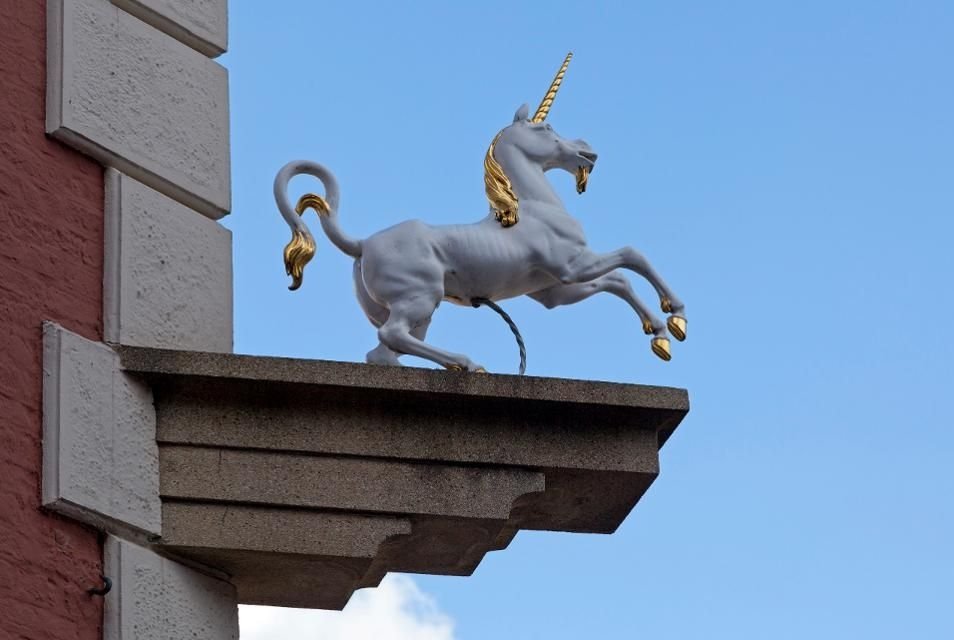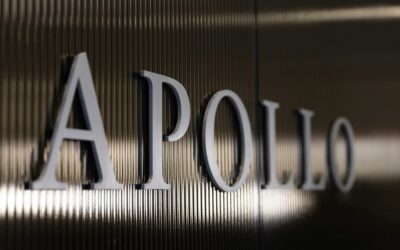With Uber and WeWork struggling, are VCs really better than hedge funds at picking winners?
Investors are questioning how good the world’s most prominent venture capital fund is at picking winners. Doubts about the Vision Fund, the flagship investment vehicle for Masayoshi Son’s SoftBank Group Corp., intensified after the collapse of the planned $20 billion WeWork Cos. initial public offering, but they’d been floating around for a while.
SoftBank’s bad year began in May with Uber Technologies Inc.’s disappointing IPO and continued when Slack Technologies Inc.’s June direct listing on the New York Stock Exchange failed to impress. By September the fund was up $11.4 billion on $76.3 billion in investments deployed over two years, according to its Nov. 8 investor briefing. But a big chunk of that came from just two deals: the August 2018 sale of Flipkart Online Services Pvt Ltd. to Walmart Inc. and some well-timed trades in chipmaker Nvidia Corp., which it exited in January.
As for the rest of the fund’s investments, only consumer stocks, which account for 20% of its portfolio, have reported decent gains. Fifty percent of the Vision Fund’s holdings are in transportation logistics and real estate, making it a poor hedge against market volatility. After taking writedowns on Uber and WeWork, it’s already in the red for both sectors.
Here’s a provocative question: What if hedge funds—passive but nimble investors—are better at identifying unicorns than venture capital is? Unlike Son, who has a habit of writing multimillion-dollar checks after only 10 minutes of getting-to-know-you time, hedge fund managers are all about due diligence. Tiger Global Management’s assets, for example, have swelled 80% since May 2015, including big gains in the past 12 months from Juul Labs Inc.’s $12.8 billion deal with Altria Group Inc. and the market debut of Peloton Interactive Inc., which Tiger has backed since 2014.
Son has survived tricky times before. During the dot-com bust, SoftBank’s shares tumbled 99%. But the company stayed around because one of its investments—in Alibaba Group Holding Ltd.—paid off spectacularly. Perhaps Son will hit the jackpot again. But a few standout deals don’t make him a great startup picker. In fact, retail investors would do better not to follow his lead. Based on his past success rate, most of the unicorns the Vision Fund brings to market will be flops.
Source: Bloomberg
Can’t stop reading? Read more
Apollo expands clean energy footprint with $6.5bn stake in Ørsted’s Hornsea 3 wind farm
Apollo expands clean energy footprint with $6.5bn stake in Ørsted’s Hornsea 3 wind farm Apollo Global Management has agreed to invest $6.5bn in Ørsted’s Hornsea 3 offshore wind farm in the UK, marking one of Europe’s largest renewable energy deals this year and...
Starbucks offloads 60% of China arm to Boyu Capital in $4bn transaction
Starbucks offloads 60% of China arm to Boyu Capital in $4bn transaction Starbucks has agreed to sell a 60% stake in its China business to Boyu Capital in a deal valued at $4bn, creating a joint venture that will manage the coffee giant’s nearly 8,000 stores across the...
Ares posts strong Q3 results with record fundraising and 28% AUM growth
Ares posts strong Q3 results with record fundraising and 28% AUM growth Ares Management Corporation reported a strong third quarter, posting solid earnings and record fundraising as investor demand for private credit and alternative strategies continues to accelerate....




